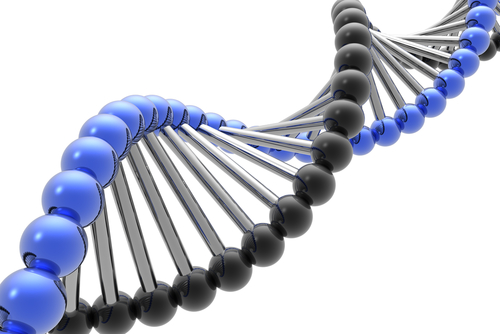DOING GOOD AND FEELING GOOD HAVE VERY DIFFERENT EFFECTS ON THE HUMAN GENOME
BALASUBRAMANI MARIAPPAN
Scientists have found that different types of happiness have different effects on the human genome. Researchers from UCLA’s Cousins Center for Psycho-neuroimmunology and the University of North Carolina found that people who have high levels of eudaimonicness that come from having a deep sense of purpose and meaning in life — showed very favourable gene -expression and strong expression of antiviral and antibody genes.
However, people with relatively high levels of hedonic well-being — the type of happiness that comes from consummatory self gratification — actually showed just the opposite. They had an adverse expression profile involving high inflammation and low antiviral and antibody gene expression.
For the last decade, Steven Cole, A UCLA professor of medicine and a member of the UCLA Cousins Center, and his colleagues, including first author Barbara L. Fredrickson at the University of North Carolina, have been examining how the human genome responds to stress, misery, fear and all kinds of negative psychology.
In the present study, the researchers drew blood samples from 80 healthy adults who were assessed for hedonic and eudaimonic well being as well as potentially confounding negative psychological and behavioural factors. The team used the CTRA gene-expression profile to map the potentially distinct biological effects of hedonic and eudaimonic well-being.
 And while those with eudaimonic well-being showed favourable gene-expression profiles in their immune cells and those with hedonic well-being showed an adverse gene-expression profile, “people with high levels of hedonic well-being didn’t feel any worse than those with high levels of eudaimonic well-being,” Cole said. “Both seemed to have the same high levels of positive emotion. However, their genomes were responding very differently even though their emotional states were similarly positive,” he said. Cole explained what this study tells us — that doing good and feeling good have very different effects on the human genome, even though they generate similar levels of positive emotion. He asserted that the human genome is much more sensitive to different ways of achieving happiness than are conscious minds.
And while those with eudaimonic well-being showed favourable gene-expression profiles in their immune cells and those with hedonic well-being showed an adverse gene-expression profile, “people with high levels of hedonic well-being didn’t feel any worse than those with high levels of eudaimonic well-being,” Cole said. “Both seemed to have the same high levels of positive emotion. However, their genomes were responding very differently even though their emotional states were similarly positive,” he said. Cole explained what this study tells us — that doing good and feeling good have very different effects on the human genome, even though they generate similar levels of positive emotion. He asserted that the human genome is much more sensitive to different ways of achieving happiness than are conscious minds.
The study has been published in the current online edition of the journal Proceedings of the National Academy of Sciences.

